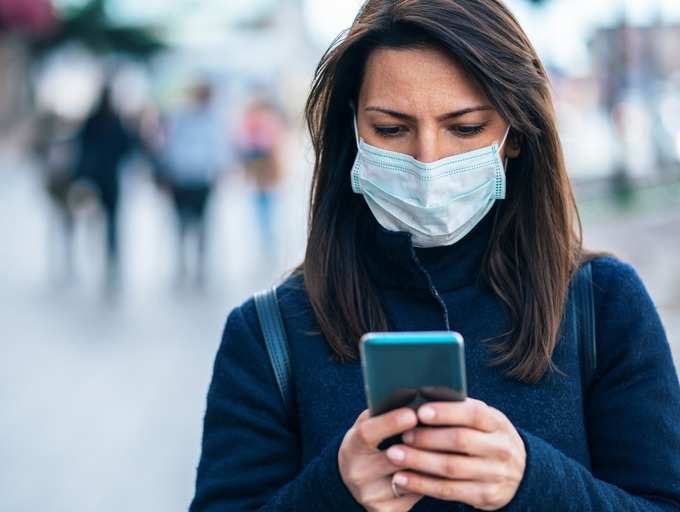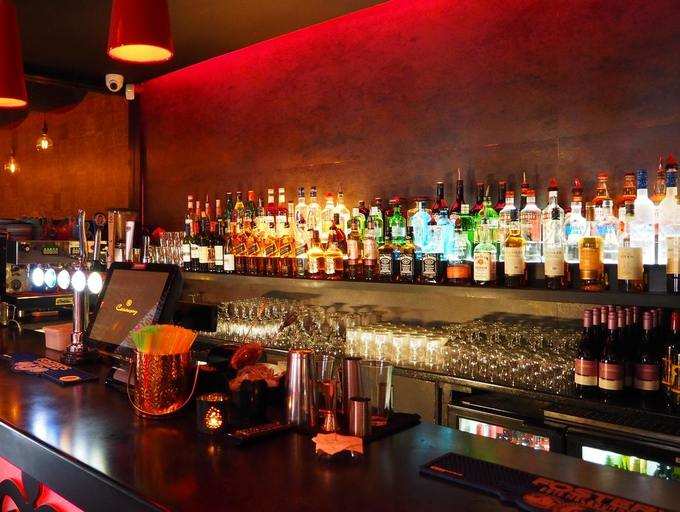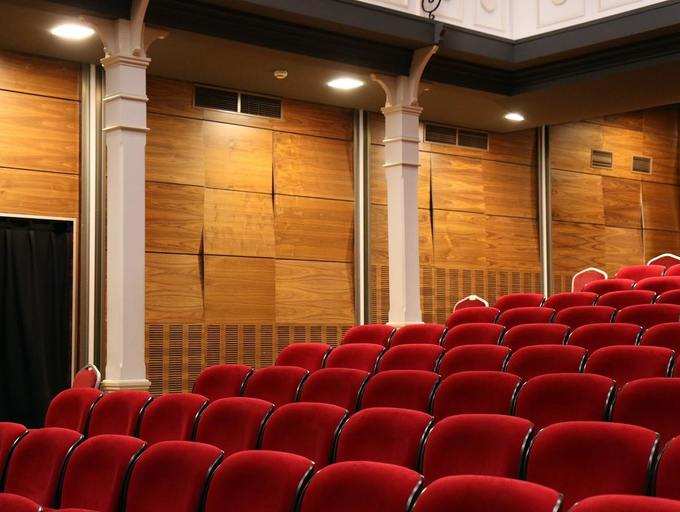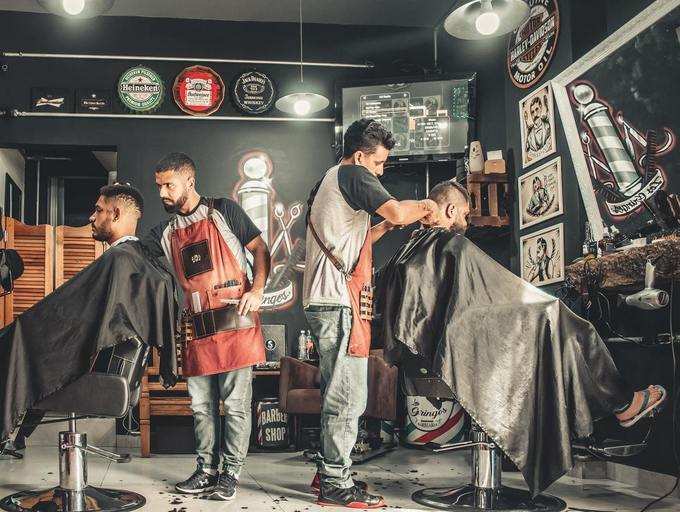Jun 21, 2020
Restaurants to metros: Some of the riskiest places you can catch COVID-19 from
01/8Some of the riskiest places you can catch COVID-19 from

We have been locked up for over three months and now, people are slowly getting out of their homes to resume a normal life.
As we continue to learn to live with the virus and practice social distancing, normalcy is slowly thriving back, even though in a different way. Wearing a mask and maintaining six feet distance is compulsory. Even as we step into a post-COVID era, there will always be a risk of catching infections. One can never really be too safe.
02/8What defines a risky place?

Coronavirus can spread anywhere but higher risk posits in an indoor or closed environment, where airflow quality is bad and the number of people present at a time is one too many. This increases the risk of viral transmission. For the same reason, most offices and establishments are closed or following restrictive working styles. That being said, there are some places which are still, more infection-prone than others. We list out a few you need to be extremely cautious about:
03/8Bars

A recent survey conducted in the US found out that bars and restaurants may not be the ideal places to be in during the coronavirus pandemic. Viral experiments have also examined how quickly COVID-19 could spread through a simple buffet with limited people. Air conditioning, frequently speaking or talking (which is a possible way for coronavirus to spread) or removing masks to eat or drink can be some of the ways for transmission to peak. Stepping out to socialize during this time is not the wisest call.
04/8Theatres and concert halls

Theatres, entertainment centres and concert halls are still shut for the public and if you want to prevent the risk of infection spiking up, it's better if you stay away. Not only does any such gathering breach the protocol of assembling 10 people at once, maintaining distance is not really possible. You are more likely to come in contact with people indoors, which adds to the risk. Instead, one way of bravely stepping into any gathering, or a party you would be attending is to know beforehand, the number of people attending or the protocols being followed there. With the food stalls too, practising good safety measures is a must.
05/8Swimming pools

Swimming is a must-do recreational sport for many especially in the summers but most community pools, beaches and clubs have to remain shut even after the lockdown. One of the key essentials while swimming in a public space is to ensure cleanliness and sanitation. Those suffering from even slight respiratory disorders, flu or symptoms of coronavirus can transmit the virus through droplets. Further, certain germs like bacterium Legionella can infest or collect in the nooks and crevices and even disperse along with the steam or mist. It can be very easy to ingest this, which can then lead to breathing trouble.
06/8Religious places of worship

The government recently issued new guidelines for the graded reopening of religious places and congregations. However, it can be one of the riskiest places. Just like any other indoor space, there is a higher risk of crowding, coming in contact with someone who's contagious or asymptomatic. If you must go, be cautious about maintaining effective safety protocols, limiting your visit. Those with low immunity are advised to stay at home.
07/8Public transport

Public transport is the lifeline for so many people and with trains and metros closed down, some are also finding it hard to go to work. Even though transport officials are adopting stringent precautions, we do know that a virus like SARS-COV2 can survive on surfaces for up to 9 days, and considering how often we come in touch with surfaces like poles, seats or doors while travelling, using public transport is not the safest right now.
08/8Salons and barbershops

The lockdown forced many to opt for in-house beauty services but now, the establishments are opening up we are seeing stylist and hairdressers wearing scary PPE overalls while attending to the customers. Some are even charging a 'coronavirus safety charge' from the customers. Going to a salon or parlour right now may seem dire, but one must know that the risk of transmission, in a place with high contact points runs high. If you must check in first about the existing sanitisation procedures, the number of people present, and the type of space they operate in. A crowded or cramped place can make it more likely for infection risk to rise.
Subscribe to:
Comments (Atom)

